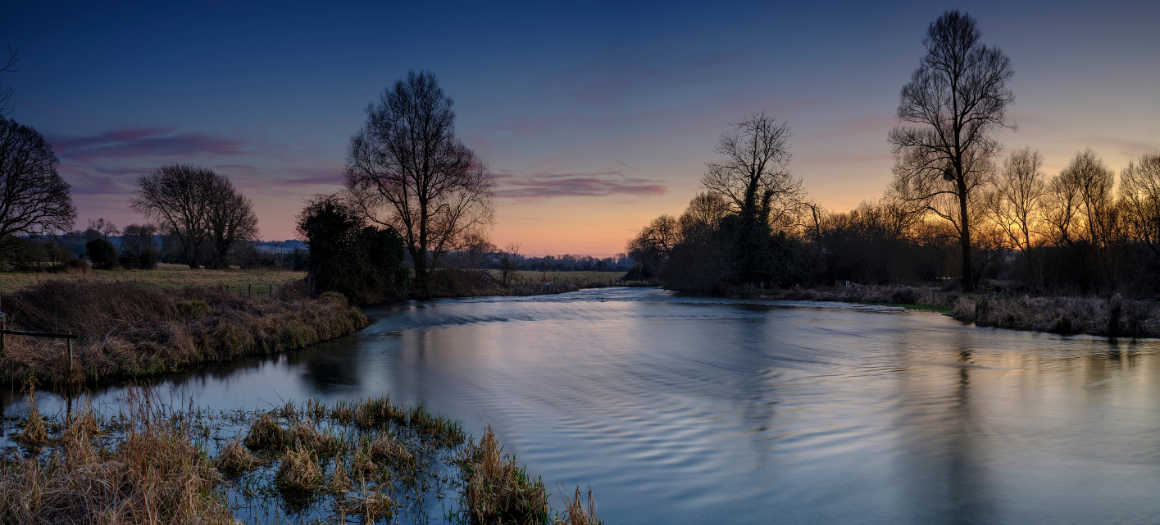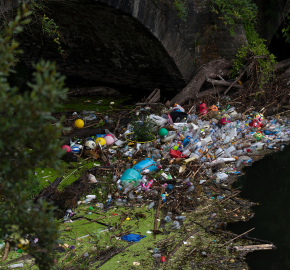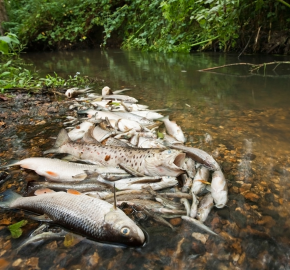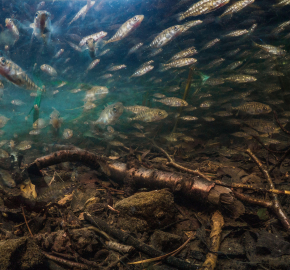WildFish threatens legal action if Environment Agency agrees to more pesticides in Bourne Rivulet

WildFish has written to the Environment Agency (EA) permitting team to warn them that they could be taken to court if they defy the advice of their own local EA water quality experts and campaigners by approving increased discharges of wastewater into the Bourne Rivulet.
The correspondence is sent in response to Vitacress Salads Limited’s (VSL) application to merge two discharge permits at its salad-washing plant on the Bourne, allowing its existing operations to continue under revised conditions.
The Bourne is a spring-fed, ecologically vital chalk stream that feeds into the River Test. Its fragile ecosystem supports sensitive species – including endangered Atlantic salmon that migrate between the rivers Itchen and Test – and is particularly vulnerable to pollution.
VSL, which washes its salads for general retail by using the pure waters of the aquifer on the Bourne Rivulet at St Mary Bourne, has been putting the stream under pressure for decades by abstracting and then discharging polluted wastewater.
The diverse insect life, trout and ranunculus (water crowfoot) are competing with the pumps that take much of the water away – using some for the washing of the salad leaves before being discharged back into the river, contaminated with pesticides.
“We believe without urgent and effective action to stop and clean up current pesticide pollution, this change risks continued, increased and unacceptable harm to a highly sensitive chalk stream ecosystem”, said Dr Janina Gray, Head of science and policy at WildFish.
WildFish believes that the company should never have been allowed to discharge into the stream. There is clear evidence that there are high levels of chemical pollution and there is clearly inadequate water treatment as VSL has yet to install a fully approved water treatment system capable of reducing the harmful chemicals to safe levels. Their current plans are vague, with estimates of 2–3 years or longer to sort it out, during which pollution would continue.
VSL’s current methods of monitoring may fail to detect all harmful chemicals, and their proposal relies on less specific tests that do not adequately assess the impact on aquatic life. Since 2022, VSL has been dealing with salad products containing several new pesticides without carrying out proper environmental impact assessments. There is also a serious concern about the “cocktail effect”, where multiple chemicals interact to create a far more toxic impact than any single pesticide alone.
Water sampling data already shows pollution levels exceeding safe environmental standards. First and foremost, VSL with the supervision of the EA, should concentrate on correcting the current non-compliance which is putting real pressure on the ecosystem.
And it is not just WildFish that thinks this. The EA’s own water quality team is clear that the answers given by Vitacress to recent questions raised about their application have been threadbare across the board – including their provision of data, the clarity of information on the nature of the potential pesticides, the absence of monitoring and the real risks and uncertainties presented in approving the application.
WildFish has therefore put the EA on notice that should the approval of increased discharges be granted by the permitting team, despite the real uncertainties and the absence of concrete information, then it will consider challenging that decision in the Court.
The EA should be steering Vitacress to safeguard the Bourne Rivulet and its wild fish populations by stopping all salad washing and discharge activities immediately until VSL can demonstrate that their water treatment system is fully approved, in place, and effectively removes pesticides to meet environmental safety standards. There should be more rigorous and detailed methods for detecting and monitoring chemicals and a full, detailed plan with clear timeframes to address the current and potential future chemical risks before any changes to the permit are allowed.
Dr Gray concluded: “If Vitacress will not invest to protect the Bourne, it must cease its salad washing and processing”.



